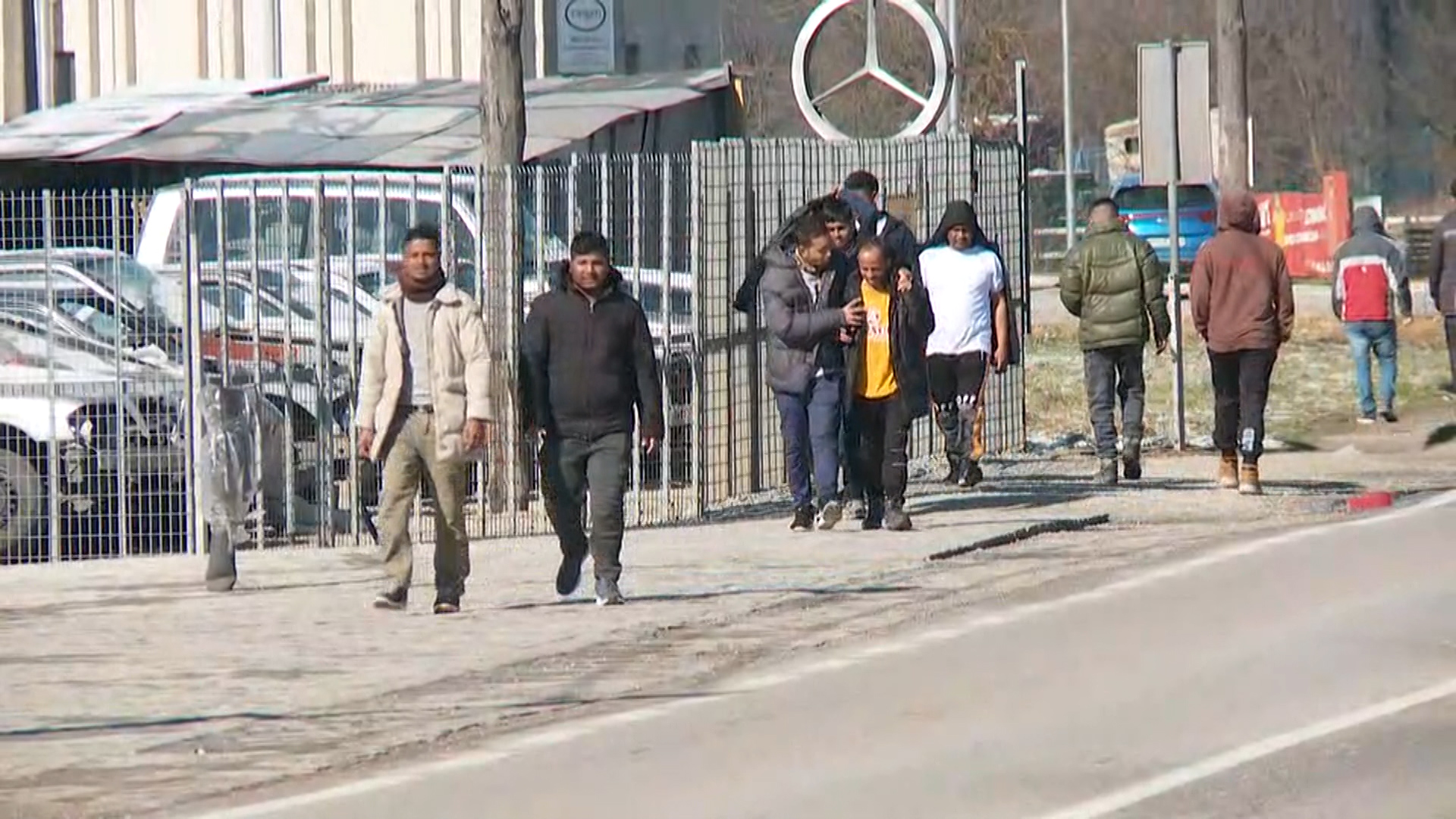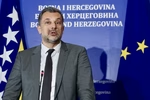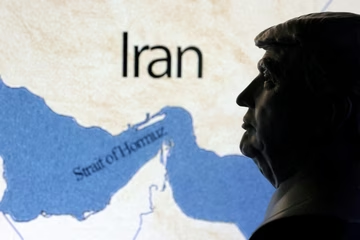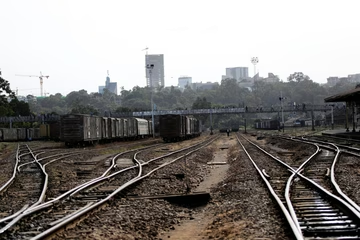
EU ministers of the interior on Thursday agreed, after day-long talks in Luxembourg, a joint position on two key legislative proposals, on migrations and asylum, Swedish Migration Minister Maria Malmer Stenergard said.
Oglas
The ministers adopted a joint position on the Asylum and Migration Management Regulation and the Asylum Procedure Regulation, the key part of a pact on migrations and asylum which member countries had negotiated unsuccessfully for years.
The adoption of the joint position is to be followed by negotiations with the European Parliament on the final text of those laws, their purpose being to have the entire legislative set on migrations and asylum adopted before elections for the European Parliament in June 2024.
These files constitute the two main pillars of the reform of the EU asylum system and are key to a good balance between responsibility and solidarity, the Swedish EU Presidency said, and Commissioner for Home Affairs Ylva Johansson called it a big achievement for Europe.
‘Migrations are the most sensitive issue in Europe’
Commenting on the agreement, Croatia’s Minister of the Interior Davor Bozinovic said that the debate showed that the issue of migrations was one of the most sensitive issues in Europe.
Under the agreement, binding quotas for the distribution of migrants arriving in the EU, aimed to relieve the burden on countries on the EU’s external border, which some central and eastern European countries did not want to accept, are replaced by a mandatory solidarity mechanism. Solidarity is flexible, and the countries that do not want to accept migrants will have to financially or in some other way contribute to joint efforts to manage migrations.
The joint position also envisages prompt processing of asylum requests at the EU’s external border and the return of migrants who do not have the right to asylum to their countries of origin or countries of transit, on the condition those countries are considered safe.
Bozinovic said that he signed on Thursday an agreement with the director of the EU’s border protection agency Frontex on the return of illegal migrants.
“Frontex will be one of the main levers for all EU members with regard to the return of persons who do not meet the criteria for international protection to the countries where they came from. This does not include only countries of origin but safe third countries as well,” he said.
Bozinovic said that the new rules contain clear criteria for a person to seek international protection as so far that has been regulated by several different regulations.
If the new legislative set is adopted after negotiations with the EP, its implementation will start two years after adoption, i.e. in 2026.
Bozinovic said that if the new regulations were adopted, it would be much more difficult to manipulate and abuse migrations and that they would serve as a deterrent.
Kakvo je tvoje mišljenje o ovome?
Učestvuj u diskusiji ili pročitaj komentare
Oglas
Kakvo je tvoje mišljenje o ovome?
Učestvuj u diskusiji ili pročitaj komentare
Oglas
NAJČITANIJE
Oglas
Oglas
Najnovije
Oglas
Oglas





 Srbija
Srbija
 Hrvatska
Hrvatska
 Slovenija
Slovenija



























































